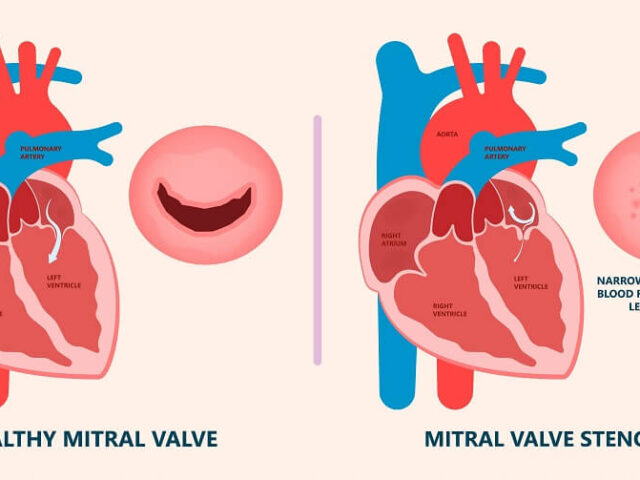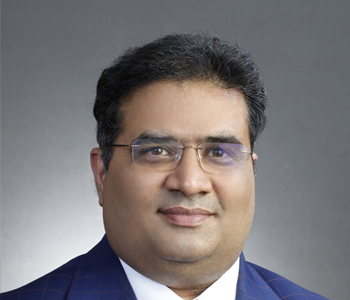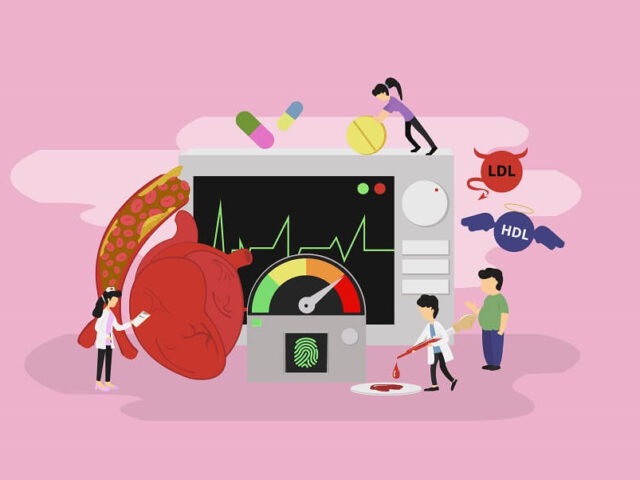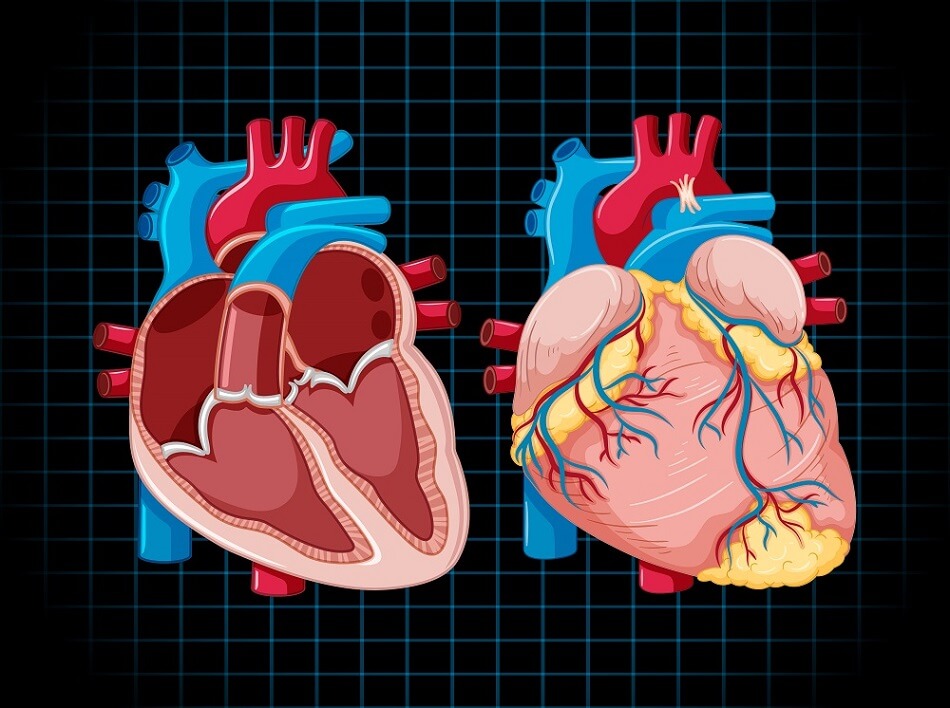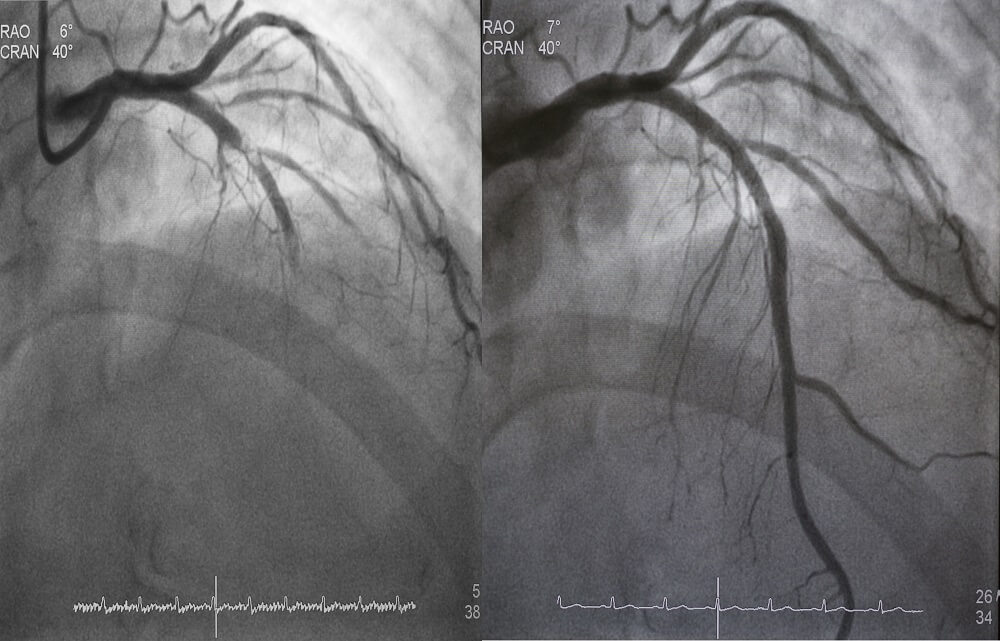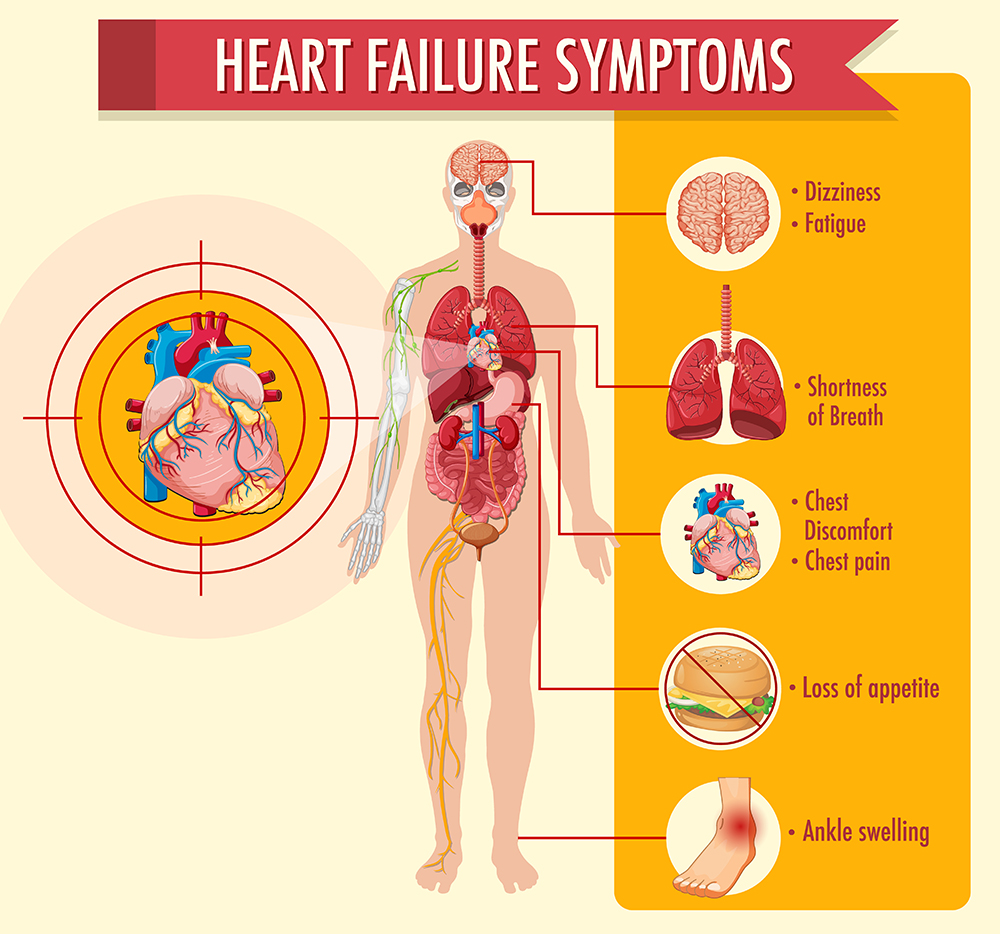Heart disease, once considered primarily an ailment that affected people in their 60s or 70s, is now becoming a significant concern in children. According to a report in the Times of India, there has been a disturbing increase in the number of children suffering from heart diseases and, tragically, even losing their lives to these conditions. In this article, we will delve deeper into heart disease risk in kids and discuss a few useful tips to prevent a heart attack and other cardiovascular conditions from a young age. Heart disease is increasingly becoming a significant health issue among children worldwide. While congenital heart defects have been recognized for years, there is a concerning rise in acquired heart diseases in children, including cardiomyopathies, arrhythmias, and atherosclerosis. Additionally, there have been several reports of individuals in their 20s and 30s succumbing to heart attacks. That, in turn, emphasizes the need to identify and address heart disease risk in young people. The sooner we parents recognize these risks and inculcate heart-healthy habits in their children, the lower their risk of developing chronic cardiac conditions. In this section, we will take a closer look at a few factors that are increasing heart disease risk in kids. The modern lifestyle has led to a surge in the consumption of processed and high-calorie foods, leading to childhood obesity and related cardiovascular issues. Such diets are low in essential nutrients and high in unhealthy fats and sugars, contributing to elevated cholesterol levels and other heart disease risk factors in kids. Childhood obesity can also make children more vulnerable to metabolic disorders like type 2 diabetes. With the advent of technology, children are spending more time on screens and less time engaging in physical activities. This sedentary lifestyle has adverse effects on their cardiovascular health, leading to weakened heart muscles and poor circulation. Family history plays a crucial role in determining a child’s susceptibility to heart disease. If there is a history of heart problems in the family, the child may be at a higher risk. Several studies also suggest that prenatal factors, such as maternal nutrition during pregnancy, smoking, or exposure to environmental toxins, can influence the child’s heart health in later life. Chronic stress and mental health issues have been associated with heart disease risk in kids. Stress can trigger unhealthy coping mechanisms like emotional eating and contribute to high blood pressure and inflammation. Heart disease in children may present differently than in adults, making it essential for parents and healthcare providers to be vigilant about early warning signs. Common symptoms that could indicate a heart problem in children include fatigue, shortness of breath, chest pain, and fainting spells. Routine health check-ups play a critical role in identifying potential heart issues in children. Through regular examinations and tests, healthcare professionals can spot risk factors early and offer appropriate interventions. While heart disease is becoming more prevalent in kids, there are ways to minimize its risk. Here are a few tips to prevent a heart attack and other conditions in children: Prevention is always better than cure, and instilling heart-healthy habits in children is the first step toward reducing heart disease risk. Start by encouraging your child to be more active. Regular physical activity is crucial not only for maintaining a healthy weight but also for strengthening the cardiovascular system. Nutrition also plays a vital role in preventing heart disease in children. Incorporating more heart healthy foods like nuts, fruits, vegetables, and whole grains into your kid’s diet is crucial. The rising incidence of heart disease risk in kids is a concerning global health issue. Understanding the contributing factors and implementing preventive measures are crucial steps in addressing this problem effectively. By promoting healthy lifestyles, conducting regular health check-ups, and raising awareness among parents, healthcare providers, and communities, we can work towards safeguarding the heart health of the younger generation. Together, we can ensure a healthier future for our children. Dr. C Raghu is an eminent interventional cardiologist who is often regarded as the best heart specialist in Hyderabad. If your child has been diagnosed with a heart condition, reach out to Dr. Raghu today to discuss the right treatment options.

The Rising Prevalence of Heart Disease in Children
Contributing Factors to Heart Disease Risk in Kids
Unhealthy Diet
Sedentary Lifestyle
Genetics and Family History
Stress and Mental Health
Identifying Early Warning Signs
Preventive Measures and Management
Promoting a Heart-Healthy Lifestyle
Final Thoughts
Book Online Consultaion
Heart Disease Risk In Children: Understanding The Growing Concern
Subscribe the Hearty Life Blogs

DR. RAGHU | Best Cardiologist in Hyderabad
Cardiology Coronary, Vascular and
Structural InterventionsConditions & Diseases
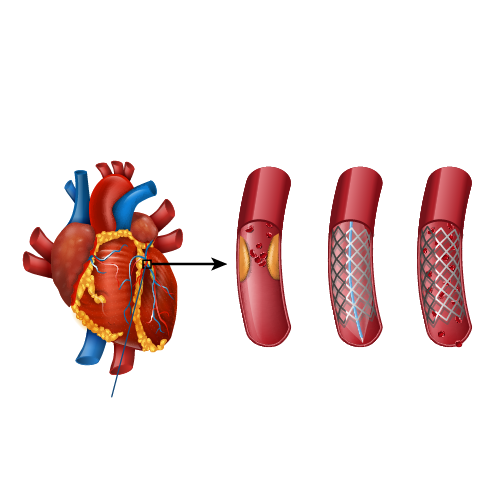
Angioplasty
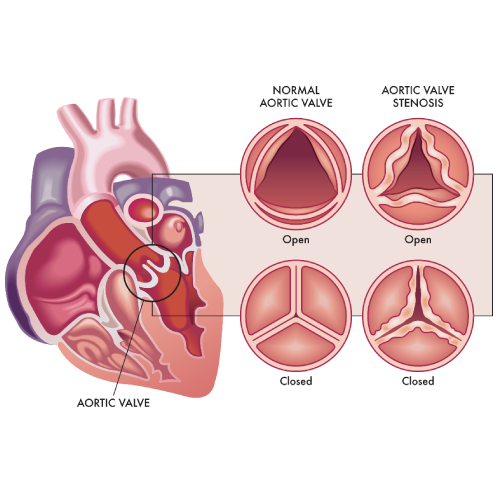
Aortic Stenosis
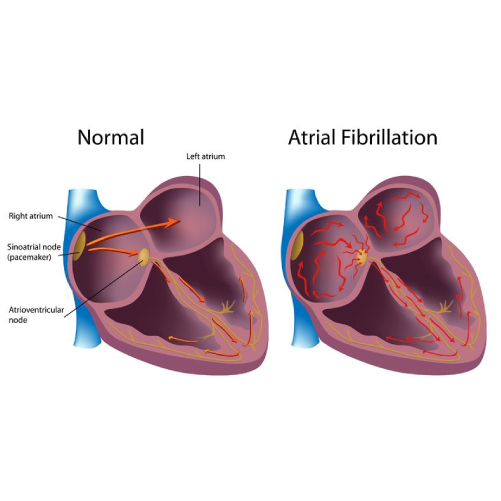
Atrial Fibrillation
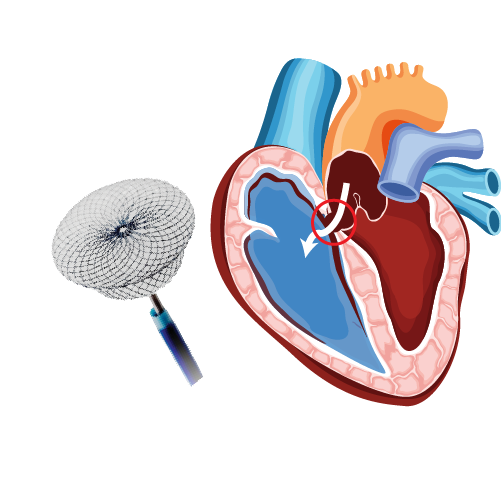
Atrial Septal Defect
Heart attack / Dr Raghu
The heart is a vital organ that supplies blood to muscles and organs throughout the body. It delivers oxygen and nutrients to the cells and removes waste products. Heart problems can occur when the heart does not function properly.
Coronary angioplasty, also called percutaneous coronary intervention (PCI), is a minimally invasive procedure performed to open blocked or narrowed coronary arteries.
Maintaining a healthy heart is of utmost importance, and a well-balanced diet plays a crucial role in achieving this goal. Heart disease, including heart attacks, is a leading cause of death worldwide.
A heart attack is a life-threatening condition that requires emergency medical interventions, such as angioplasty in the heart.
A heart attack, medically known as a myocardial infarction, is a severe medical emergency that can cause lasting damage to the heart muscle and even lead to death. As a leading cause of death worldwide, it shouldn't be taken lightly.
A heart attack, medically known as a myocardial infarction, is a severe medical emergency that can cause lasting damage to the heart muscle and even lead to death. As a leading cause of death worldwide, it shouldn't be taken lightly.
A heart attack, medically known as a myocardial infarction, is a severe medical emergency that can cause lasting damage to the heart muscle and even lead to death. As a leading cause of death worldwide, it shouldn't be taken lightly.
The heart is a vital organ that supplies blood to the muscles and tissues and keeps your body running. In our previous articles, we’ve discussed common conditions that affect the heart, such as congestive heart failure and atrial fibrillation. Take a look at our blog for more information. While much is discussed about these common ailments, other conditions like patent foramen ovale (or PFO) can also affect the heart. So, what exactly is PFO? And how does it affect your cardiac health? In this article, we’ll explore the ins and outs of this lesser-known condition. Patent Foramen Ovale (PFO) is a hole in the heart that can be congenital or acquired. The foramen ovale is a flap-like opening between the heart’s upper chambers. It usually closes within three to six months after birth and becomes a part of your heart’s septum. But if that doesn’t happen, you may have a PFO. In most cases, a PFO is present at birth (congenital). However, one can also develop it as an adult due to injury, infection, or inflammation of the tissue around the heart (acquired). If you’ve been diagnosed with a patent foramen ovale, you’re likely wondering if it poses a threat to your cardiac health. Fortunately, this condition is usually asymptomatic and does not require treatment. However, it can be a risk factor for stroke and heart attack in some people. PFO can also be the underlying cause of other conditions, such as: That makes it crucial to stay in touch with your doctor and monitor your heart health to keep these conditions at bay. If you’re lucky, a PFO will cause no noticeable symptoms. However, if it results in a drop in your blood oxygen levels, you may experience a variety of symptoms, including: Treatment options for a PFO include: If you experience symptoms, your doctor may recommend lifestyle changes or medication as treatment options. Now you know what a patent foramen ovale is and why it’s so important to get checked out if you have symptoms. If you are diagnosed with a PFO, your doctor may recommend treatment based on your symptoms and medical history. That said, PFO does not always require treatment. Some people have been living with it for years without any issues at all. Dr. C Raghu is an eminent cardiologist who specializes in interventional cardiology. If you or anyone you know has been diagnosed with a patent foramen ovale, feel free to consult Dr. Raghu to explore your treatment options.
What is Patent Foramen Ovale?
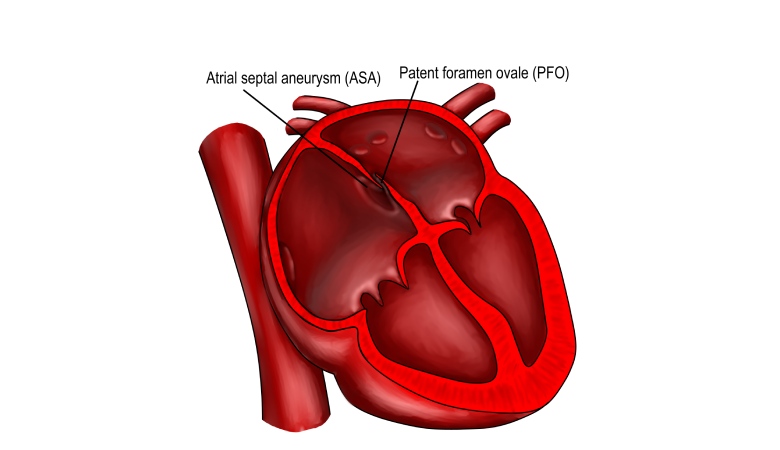
Should You Be Worried About Patent Foramen Ovale?
Signs and Symptoms of PFO
What Are the Treatment Options for Patent Foramen Ovale?
In Conclusion

Dr. RAGHU
Cardiology Coronary, Vascular and
Structural InterventionsConditions & Diseases

Angioplasty

Aortic Stenosis

Atrial Fibrillation

Atrial Septal Defect
Heart failure is an umbrella term for a set of physical symptoms arising due to the gradual deterioration in the heart’s pumping ability. The term “congestive heart failure” was traditionally used because the condition resulted in fluid buildup and congestion in the lungs. However, doctors and medical researchers have found that it causes a wide array of other symptoms. That’s why they now refer to the condition as heart failure. A healthy human heart relaxes and contracts nearly 100,000 times a day and pumps more than 2,000 gallons of blood throughout the body. The cardiovascular system also includes a network of arteries and veins to transport deoxygenated and oxygenated blood to and from the heart. If any part of the system falters, it can disrupt the flow of blood to vital organs. Heart failure is characterized by a progressive decline in the heart’s power to pump blood. When that happens, the heart goes through a series of structural changes (knowns as cardiac remodeling) and beats faster to pump more blood. Also, the blood vessels constrict to stabilize blood pressure and restrict blood supply to non-critical organs like the skin and kidneys. When blood flow to the kidneys reduces, it compels the body to retain more fluid and sodium. All these short-term fixes result in more damage and cause even more stress to the heart muscles. That, in turn, results in further deterioration of the heart’s pumping action. The heart failure symptoms vary depending on whether they’re caused due to a lack of oxygen or an increase in fluid build. Lack of oxygen supply results in the following heart failure symptoms : Excess sodium and fluid buildup in the body causes the following heart failure symptoms: The most common causes of heart failure include: There are various ways to categorize congestive heart failure. Depending on the part of the heart’s pumping that’s affected due to heart failure, it can be of the following types: Also, depending on the side of the heart that’s affected, heart failure can be categorized as left-sided failure and right-sided failure. The treatment approach a doctor will use depends on the type of heart failure a patient has developed. The American College of Cardiology and the American Heart Association has outlined four stages to denote the progression of heart failure. While Stage A is characterized by risk factors like underlying medical conditions, stage B shows structural changes in a patient’s heart. The more advanced stages (C and D) present visible symptoms. Heart failure (also known as congestive heart failure) is a progressive condition caused by the heart’s inability to pump blood adequately. It results in symptoms like shortness of breath, fatigue, weight gain, and brain fog. Dr. C Raghu is an eminent cardiologist with more than two decades of experience. If you or someone you know has developed congestive heart failure symptoms, consult Dr. Raghu to explore your treatment options.
What Happens in Congestive Heart Failure?
Congestive Heart Failure Symptoms: A Closer Look

Causes and Types of Congestive Heart Failure
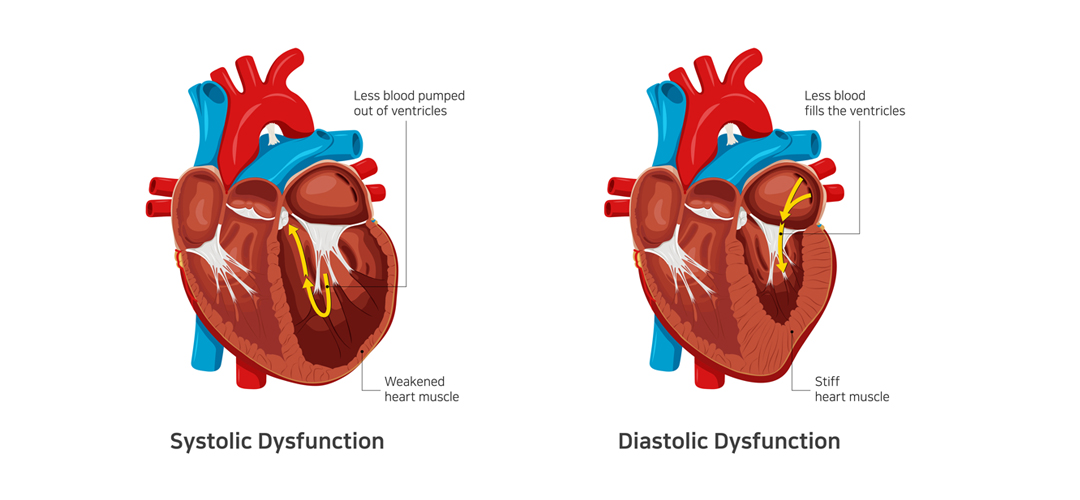
Stages of Heart Failure
In Conclusion
Book Online Consultaion
Understanding Congestive Heart Failure Symptoms Blog
Subscribe the Hearty Life Blogs

DR. RAGHU
Cardiology Coronary, Vascular and
Structural InterventionsConditions & Diseases

Angioplasty

Aortic Stenosis

Atrial Fibrillation

Atrial Septal Defect
Copyright © 2023, Dr. Raghu. All rights reserved.
+91 95424 75650

+91 95424 75650


